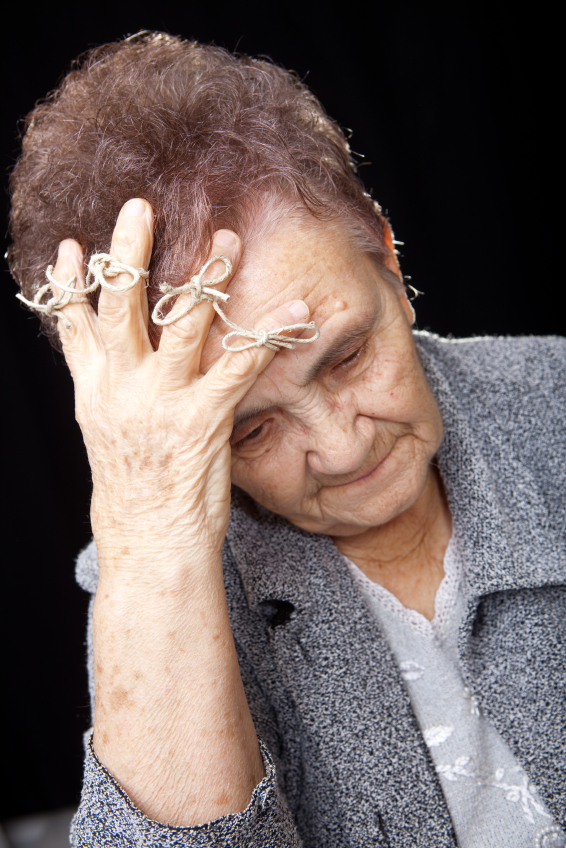
“Mom was fine last time I saw her!”
“How could things have gotten this bad for Dad, I was just there?!”
“Are you sure there is a problem, maybe you are just overreacting…”
When was the last time you saw an elderly family member? Do you tend to see them infrequently, maybe a month or even a year goes by between visits? This is not unusual with the busy, hectic lives that people have. When visits are infrequent, family can often overlook signs that their elderly family member needs help. In fact, the signs are easy to overlook when the elderly adult hides them because they are afraid of losing their independence or when family doesn’t want to consider that their Mom or Dad may be having trouble.
With the Holidays coming up, this is an excellent time to check in with elderly family members and have family discussion over any concerns or warning signs that you may discover during your visits. Some warning signs that family should watch for include:
Loss of interest in activities, socializing or hobbies;
Oversleeping or difficulty falling asleep and staying asleep;
Changes in mood or extreme mood swings;
Confusion in performing routine tasks;
Forgetting to take medication;
Forgetting to go to important appointments;
Disheveled clothing;
Cluttered, dirty or disorganized house;
Skipping meals, poor diet and weight loss;
Expired/spoiled food that doesn’t get thrown away;
Unexplained dents or scratches on the car;
Broken appliances;
Bounced checks, overdue and late payment notices;
Trouble handling finances or working with numbers.
While any one of these could simply be a sign of a cold or brief illness, and not cause for alarm, they should not be ignored as they could be signs of declining mental health or even depression. Making sure you understand the difference between Depression and Dementia is extremely important in ensuring that the elder adult receives the assistance that they need.
Depression tends to have rapid changes, the elder adult may have difficulty in concentrating and seem to be moving and speaking more slowly, but they know the correct date, time and place where they are, and the elder adult may tend to worry themselves about memory problems they feel like they may be having.
Dementia happens more slowly, the elder adult may be confused about where they are, even when someplace familiar, they may have difficulty with short-term memory and have difficulty with writing or speaking and the elder adult may not notice or care about memory loss.
These warning signs do not necessarily mean that Mom or Dad is headed to a nursing home or even assisted living, but it may mean that they need additional help with some of their activities. If family is too far away to assist, there are many reputable services that can provide the extra assistance needed and tailor it to the needs of the elderly adult.
Hopefully your family is not facing any issues like this, however, if you are, it may be time to discuss how the family is going to share responsibilities, whether or not you have the necessary legal documents to assist your elderly family member, or whether further medical, caregiver or legal assistance may be necessary. It may be time to discuss Powers of Attorney with your elderly family member, or if things have gone to far, perhaps even filing for Guardianship.
For more information or to schedule an appointment to discuss your situation and options, contact us.
